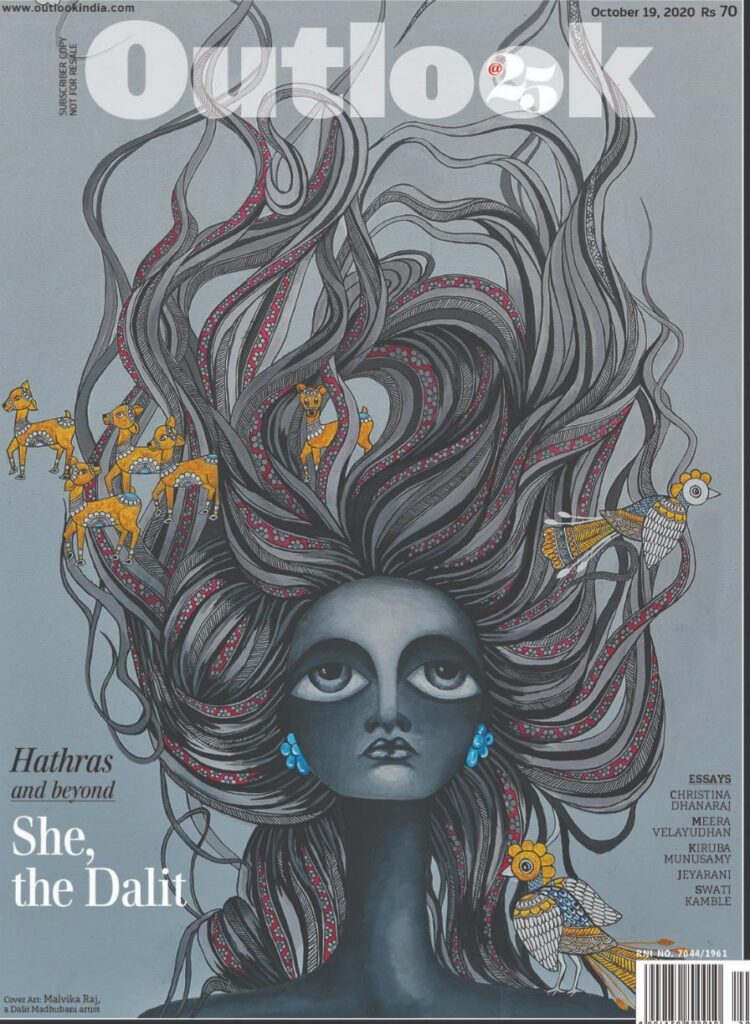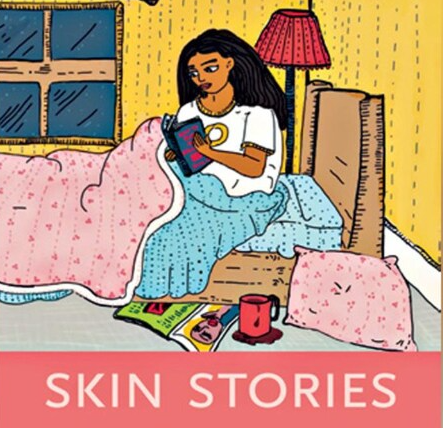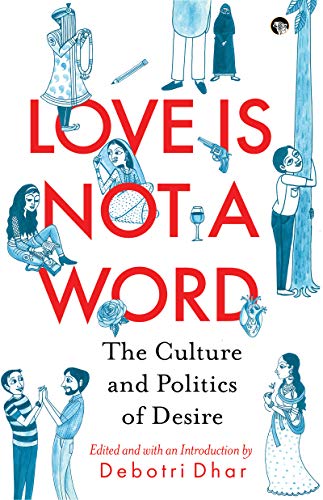
Bylines
In a first-person account, Christina Dhanaraj, writer and co-founder of Dalit History Month, investigates the ecosystem in which these desires are formed and how the narrative around Dalit women becomes one of victimhood
A searing account on the price Dalit women pay to be just themselves—Dalit women
I read books in secret, on the bus risking my vertigo, at railway stations amidst overpowering noise, in between chemistry exams, and during church sermons.
Mainstream feminism in India aka upper-caste or savarna feminism, as it exists today, is problematic. It has been so for a long time — in many ways, to a lot of us, in theory, and in practice.
The existence of this ever-present mandate to be something one is not, so as to constantly prove one’s value, even in the most personal of spaces that are ideally supposed to feel like home, takes a huge toll on a Dalit woman’s mental health.
For Dalit women who observe and understand the complexity of such a reality, it can be extremely frustrating to do everything that one can possibly do, and still be left behind. What one needs are not just sponsors and solidarity, but an immediate and an urgent redressal of the Indian corporate space, which still continues to be casteist and sexist.
“If there's a book that you want to read, but it hasn't been written yet, then you must write it.
Toni Morrison: 1981 speech to the Ohio Arts Council
Books

Essays on Sexuality, Disability and Gender, 2020, Point of View - Contributing Author

Labor and Affect in Gendered Indian Digital Publics, 2019, Rowman & Littlefield - Featured Interviewee
First book
Dalit Women & the Fullness of Life
Dalit women, in India and globally, continue to struggle against oppressive and unidimensional stereotypes that project them as being incapable of experiencing the many facets of life. These stereotypes must be destroyed and a new reality reimagined, where Dalit women can exist as full human beings, who have stability, security, and happiness. My book on Dalit Women and the Fullness of Life imagines this new reality and builds narratives for Dalit women to not just survive but thrive.
Poetry

My poetry collection on the theme ‘Eros’ (Desire) was published in an international political poetry project, conceived by Rosanna Moreda, a Spanish researcher. My work was featured along with 13 other feminist poets from across the world. The pieces I wrote were based on my real life experiences and were titled, Privilege, One-night Memory, New Label, Solo, and Bruise.
